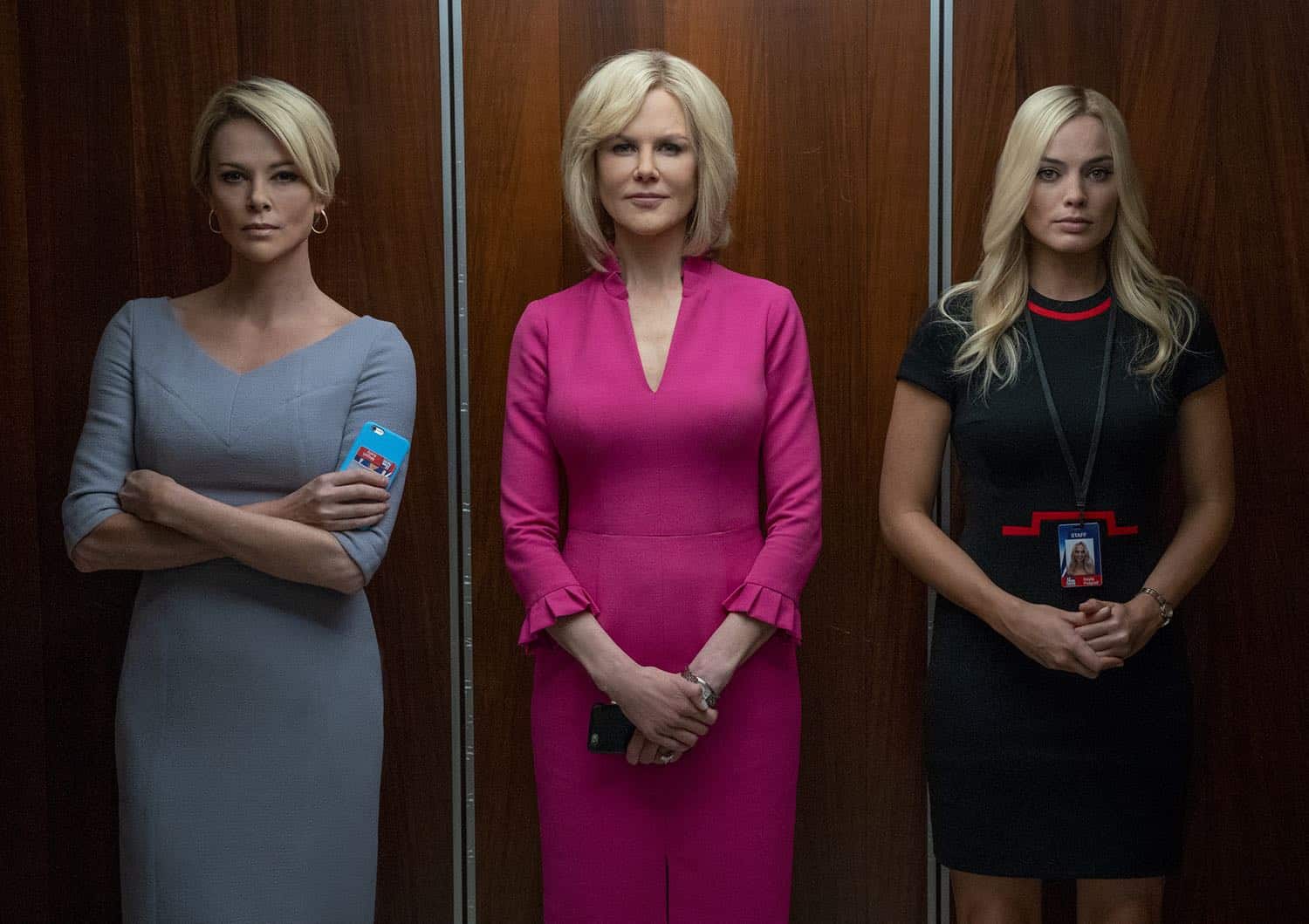Spencer
by George Wolf
The opening credits of Spencer include a declaration that the film is “a fable from a true tragedy.” Indeed, it is a story draped in sadness and longing, but one that uses what you already know about its subject to its advantage, completely enveloping you in an otherworldly existence.
Much like 2016’s Jackie – his compelling take on Jackie Kennedy – director Pablo Larraín has no interest in the overreaching realism of bland biopics. Here, he chooses to dissect a few precious days over the Christmas holiday, roughly ten years after Diana Spencer (Kristen Stewart) married Prince Charles (Jack Farthing) and became Princess Di, worldwide obsession.
Diana is late arriving at the family gathering on the sprawling Sandringham estate in Norfolk, and this, like so many other aspects of her behavior, simply will not do. Diana and her two young sons often complain about feeling cold, and though she wonders why they can’t just “turn up the heating,” screenwriter Steven Knight isn’t just referring to the thermostat.
Through evocative visual storytelling and restrained, insightful dialog, Larraín and Knight set clear parameters for the haunting pressure of Diana’s daily life.
A new head of security (the great Timothy Spall) seems to lurk around every corner, reminding Diana of expectations and missteps. Her dresser Maggie (Sally Hawkins, perfect as always) has been sent away, apparently for the crime of being Diana’s one true friend. And as Charles’s longtime affair with Camilla Parker-Bowles becomes impossible to ignore, unsettling visits from Anne Boleyn (Amy Manson) make their way into Diana’s dreams, reinforcing her belief that past and present have conspired to deny her a future.
If you haven’t been keeping up with Stewart’s string of fine performances since the Twilight films, don’t be surprised when she starts collecting the award nominations this performance richly deserves. Yes, she has the mannerisms (shoulder turns, head tilts), the lithe movements and even the voice and accent down, but Stewart carries this film by completely embodying the quiet desperation (“the English way,” as Pink Floyd famously dubbed it) of a woman suffocating in real time.
Jonny Greenwood’s score should also be an Oscar contender, as his cascades of alternating strings, organs, drum rolls and a solitary horn give Larraín a major assist in setting a disorienting, almost Hitchcockian mood.
Diana must work hard to enjoy even a few moments of happiness, like a beach stroll with Maggie or eating KFC and singing along to Mike + the Mechanics with her boys. But when Charles admonishes Diana for forgetting that public persona always trumps whatever the heart might crave, the true weight of her crown is finally felt.
Spencer approaches Diana’s story from perhaps the only angle that fits such an icon. The goal here isn’t to tell her life story, but instead to reimagine it, and rethink what it may have cost – and Larraín is clearly unconcerned with any cost from alienating Royal Family fans. He chooses the word “fable” at the start for a reason. This film is no fairy tale, but Larraín’s committed vision and an achingly poetic turn from Stewart make Spencer a completely fascinating two hours of story time.












